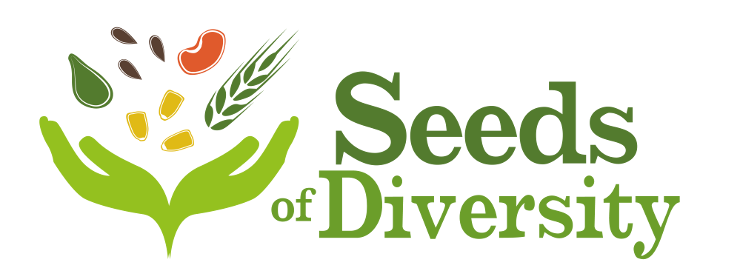
Bees are the most common pollinator, and the honeybee is often considered the classic flower visitor. There are, in fact, over 800 native species of bees in Canada, but the western domesticated honeybee is not native. It arrived here with colonists about 400 years ago, and quickly became a favourite as the only bee in Canada that makes honey and beeswax in harvestable quantities.
As alluded to, honeybees were imported from Eurasia, where they have been domesticated for centuries. All of our “wild” honeybees are from colonies that have escaped from domesticated hives over the years. Honeybees have easily adapted to life in forests and wooded shelters throughout Canada, since they have the ability to generate heat to warm their hives during winter. The success of honeybees lies in the same property that makes them attractive to humans: their honey. This rich food gives the honeybee colony enough energy to stay alive and active through the long Canadian winter.
Unfortunately, honeybees are under threat from many sides. Two types of parasitic mites have infested many honeybee hives during the past few decades. Wild honeybees in Eastern Canada have been nearly exterminated by parasites, and the infestation has spread to a large number of domestic hives. Add to this the losses of appropriate wild habitat, the effects of pesticides in and around agricultural operations, and the transmission of other bacterial diseases from hive to hive, and it is easy to appreciate why the honeybee population is clearly declining. Agriculture is in a vulnerable state to depend so much on a single pollinator species, especially one that has only been introduced to Canada relatively recently.
Photo: A bumblebee pollinates a flower.
Native Bees for Farmers
Are you a farmer thinking about native bees? Perhaps you would consider making your land more pollinator-friendly. Native bees can help pollinate your crop for f r e e ! All you have to do is provide a place for them to live, some food, and not spray them with pesticides. Even if you use honey bees for pollination, native bees can make your honeybees more efficient.
Learn more about Bee Friendly Farming® in Canada
Best Management Practices for Pollination in Ontario Crops
NAPPC: Agricultural Task Forces
Bee Profiles
Pollinator Profile: Bumblebees
Pollinator Profile: Gypsy Cuckoo Bumble Bees
Pollinator Profile: Leafcutter Bees
Pollinator Profile: Macropis Cuckoo Bees
Pollinator Profile: Rusty Patched Bumble Bees
Pollinator Profile: Sweat Bees
Pollinator Profile: Wool-Carder Bees
Pollinator Profile: Agapostemon Bees COMING SOON
Pollinator Profile: Blue Orchard Bees COMING SOON
Pollinator Profile: Carpenter Bees COMING SOON
Pollinator Profile: Cuckoo Bees COMING SOON
Pollinator Profile: Halictid Bees and Sweat Bees COMING SOON
Pollinator Profile: Hoary Squash Bees COMING SOON
Pollinator Profile: Mason Bees COMING SOON
Pollinator Profile: Mining Bees COMING SOON
Pollinator Profile: Plasterer Bees COMING SOON
